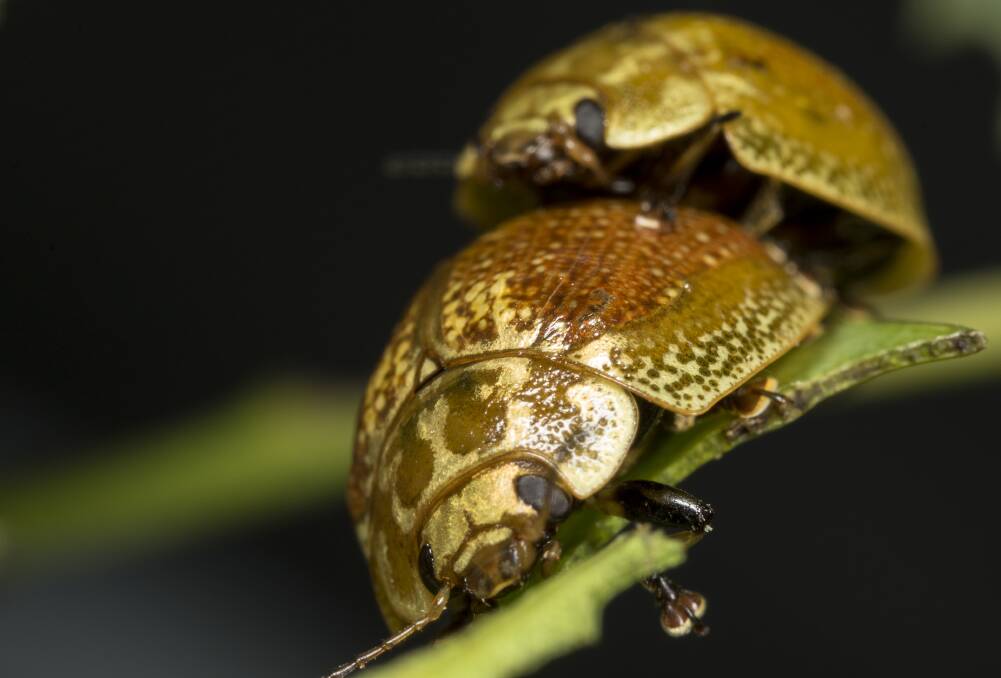You don't need a researcher to tell you that the sexual interests of males and females don't always align.
Subscribe now for unlimited access.
or signup to continue reading
But at the Australian National University in Canberra, biologists have discovered catching a sexually transmitted disease might actually benefit some male animals - at the expense of their mate.

"It's the battle of the sexes with STIs," lead researcher Megan Head said of the age-old problem.
"Males want to spread their seed - and their genes - but for females it pays to be a bit more choosy, [motherhood] is taxing."
While sexual infections can spell doom for either sex's reproductive future, some male animals have been found to strategically develop a lower tolerance.
The reason?
When females are infected, Dr Head said they sometimes choose to "go out with a bang", so to speak, putting all their energy into growing and nurturing existing offspring before mating again in a process known as terminal investment.
"It's a choice between holding off and putting resources into fighting the infection or going 'oh no I'm sick, I better have lots of offspring now, because I'm not going to survive long'."
If a female chooses to invest, that means the male who passed on the disease stands a better chance of seeing his genes carry on.

Researchers used mathematical modelling to test their theory, which is more likely apply to animals which lay eggs than humans.
Dr Head now plans to conduct trials to see if it also works in real life - playing matchmaker to the tiny Eucalypt beetle, which can suffer from a sexually transmitted mite living under its wings.
The trend might even affect the way sexual infection spreads, she said, noting most males already have a lower tolerance to all kinds of infection.
"[Perhaps] that's why we have man flu," she laughed.
"But it's possible that in some species the males evolve lower immunity because for them, there's a benefit to catching an STI."
Wilfully spreading disease isn't the wildest thing animals have done to improve their reproductive chances.
Some species transfer chemicals to stimulate egg production in the female - or kill her sex drive. Others deliver what's known as a "mating plug", a kind of glue that stops the female mating again.
Even more grisly is the evolution of spiny genitals that damage a partner's reproductive organs.
"In evolutionary terms, if you can't produce offspring you might as well be dead," Dr Head said.
Some research suggested that the more attractive a male was, the more likely they were to have a sexual infection.
"[None of this] is likely to apply to humans of course," Dr Head said.
"Still, it does make you think twice before you go out to the pub."


